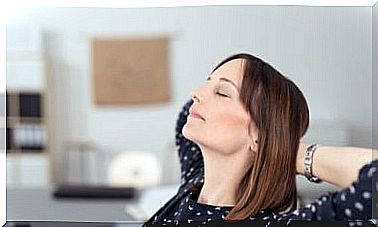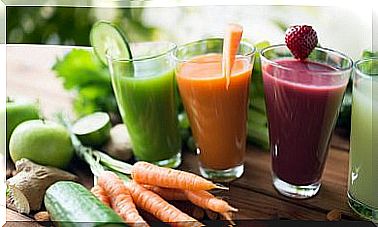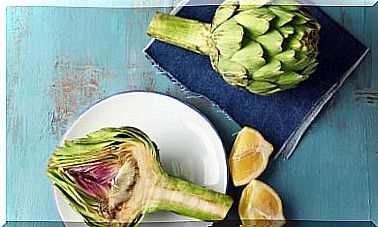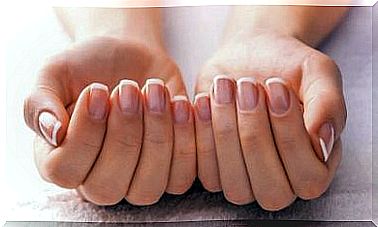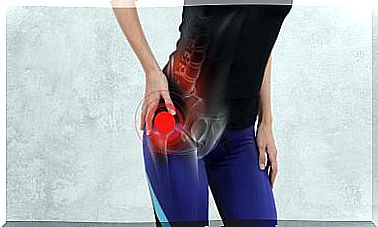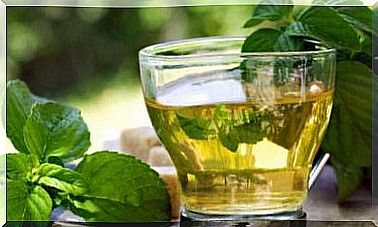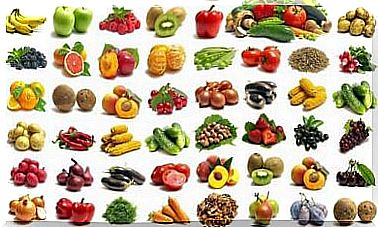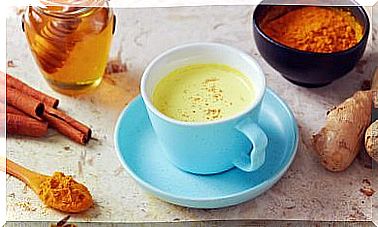Foods To Avoid When Suffering From Diverticulosis
When you have been diagnosed with diverticulosis, you should not only follow the treatment that your doctor has indicated. You must also maintain a series of daily self-care to achieve improvement and with it, regain well-being. One of those self-care has to do with diet. Therefore, you must know what are the foods to avoid when suffering from diverticulosis.
Nausea, vomiting, fever, abdominal tenderness are some of the symptoms that diverticulitis can cause (whether mild or severe), as well as other discomforts of varying intensity. Therefore, at mealtime you may lack the desire, have the feeling that nothing provokes you enough or that you even like nothing.
This is very common when you don’t know what your diet should be like if you have this health problem. But don’t worry because then we will help you to remedy it.
What is diverticulosis and how does it affect?
“Diverticula are small bulging sacs in the colon or large intestine. If you have these bags, you have a condition called diverticulosis, ”explain the experts at Medline Plus.
Taking into account the above, we can say that diverticulosis is the presence of small bags, hernias or bulges in the intestine, more precisely in the section that corresponds to the colon.
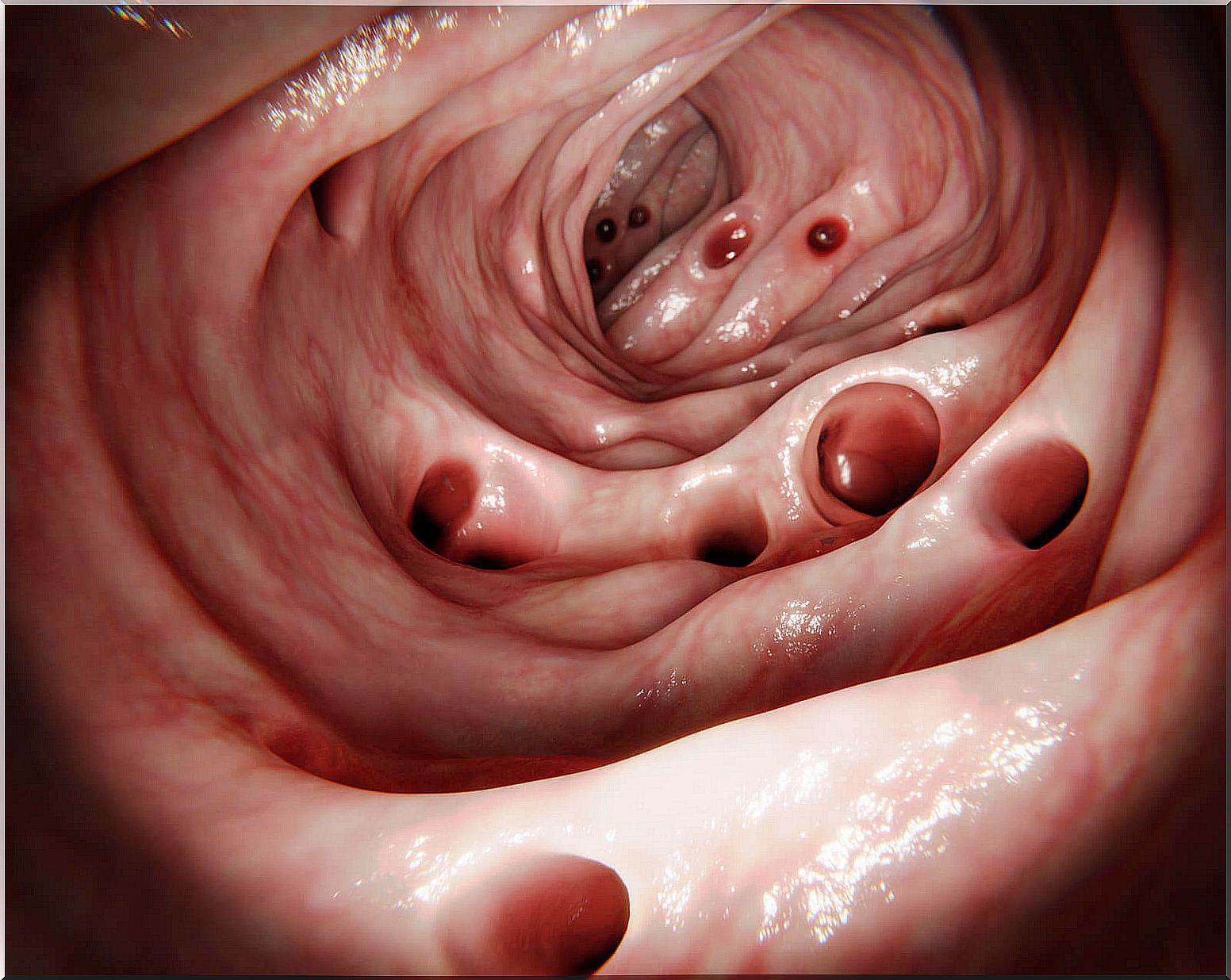
It is a very common condition that often has no symptoms except that waste materials or food particles are “trapped” in these bumps or diverticula. This circumstance can cause them to fill with bacteria.
In this scenario, the first sign of the disease appears: the pains in the lower and left part of the abdomen. Other symptoms are diarrhea followed by constipation, fever, nausea, vomiting, etc.
The National Institutes of Health also indicates that: “ experts are not sure what causes diverticulosis and diverticulitis. Researchers are studying various factors that may be part of the causes of these disorders. However, several risk factors have been identified, which we will mention below:
- Age.
- Sedentary.
- Obesity and overweight.
- Tobacco use.
- Consumption of certain medications.
- Diet rich in fats of animal origin and low in fiber.
Discover: Changes at the brain level due to sedentary lifestyle
Foods advised against in case of diverticulosis
After having an episode of diverticulitis, there is up to a 45% risk that the disease will return. To prevent the condition from getting worse, doctors often advise a diet in which certain foods are avoided.
Let’s see below which are the foods whose consumption is usually discouraged when suffering from diverticulosis.
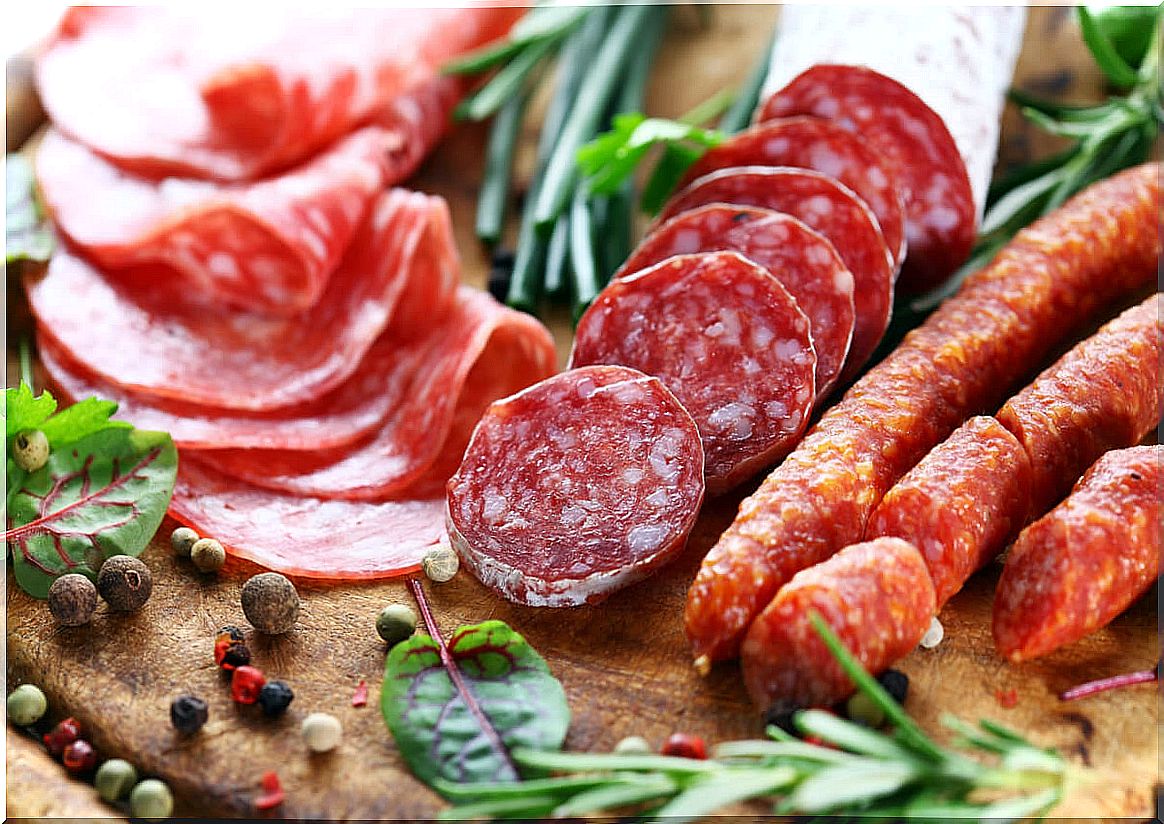
- Eggs
- Sausages
- Red meat
- Dairy products
- Bread and white rice
- Canned food
- Dried or cured meats
- Scrap and ultra-processed
- Industrial groceries (including light snacks and the like)
Coffee, tea, mate, chocolate and soft drinks or carbonated drinks should also be avoided because they are all irritating to the intestine.
The doctor will tell you what you can eat in each phase, so that little by little you can normalize your diet. It is important that you follow their recommendations to avoid discomfort and complications.
And what would be advisable to eat?
To give you an idea of what you could eat in case of diverticulitis, we are going to share the following with you.
According to experts in the digestive system, fruits and other foods rich in fiber may be recommended for patients with diverticulitis.
For their part, Dr. Joel A. Baum and Dr. Rafael Antonio Ching Companioni indicate that a diet with plenty of fiber and adequate fluid intake can be beneficial.
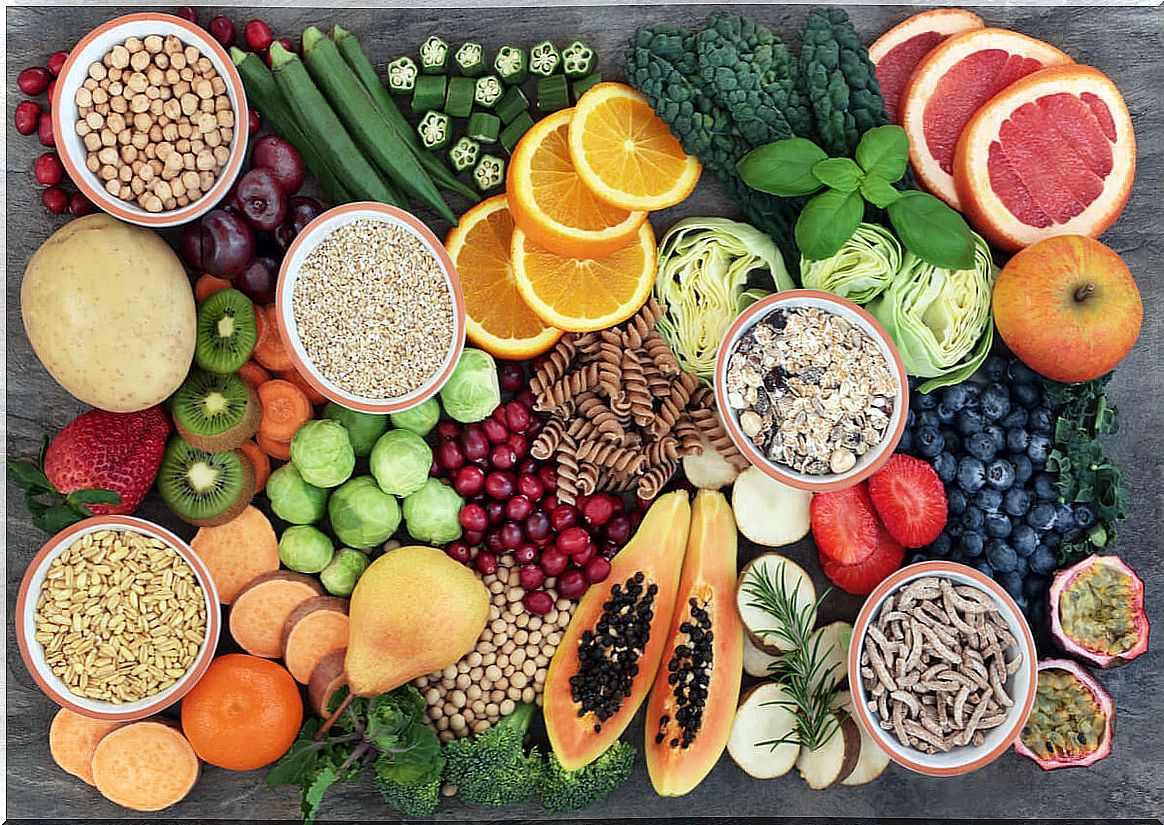
Tips and remedies for diverticulitis
- Drink lots of water (six to eight glasses per day).
- Go to the bathroom as soon as you feel the need to go: do not hold back because you can aggravate the situation.
- Include some wheat bran (dissolved in water) in your diet.
- Get gentle exercise to regulate your bowel movement. You should avoid a sedentary lifestyle as much as possible.
- Do not use laxatives or enemas if you suffer from constipation, because they can further irritate the intestines and create dependence on them, since there is no proper functioning of the excretory system.
- Avoid consuming foods that are highly processed or fatty, such as spicy, sugary, and fried foods.
- Avoid any food that contains seeds. Chew well before swallowing because the fragments can lodge between the diverticula causing pain and inflammation.
- Eat porridge or mashed vegetables or cooked fruits. You can also make smoothies without pulp.
If you have questions about what you can and cannot eat, it is best to consult your doctor. In the meantime, avoid what we have told you.
